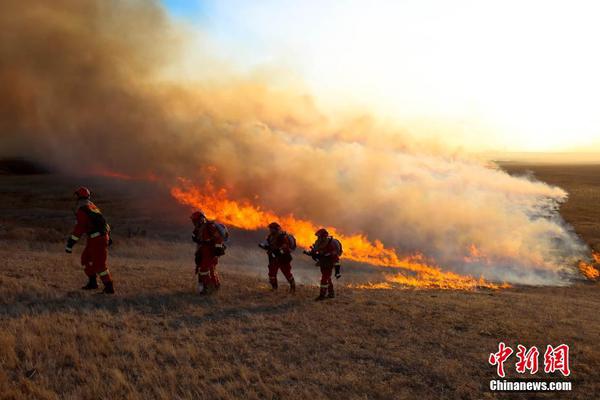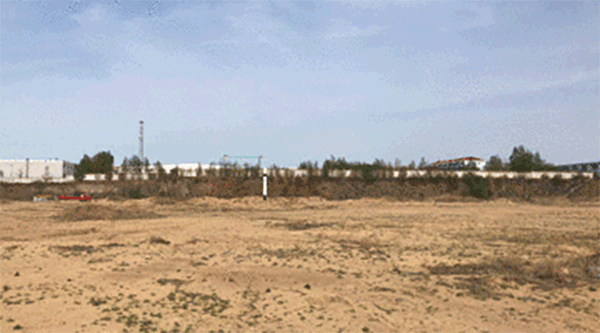|
The清明 Qingming Festival, also known as Tomb Sweeping Day, is a traditional Chinese festival that falls on the 15th day after the Spring Equinox each year. This festival is a time for Chinese people to pay their respects to their ancestors, visit and clean their graves, and offer food, flowers, and incense. The origin of the Qingming Festival can be traced back to over 2,500 years ago during the Zhou Dynasty. Legend has it that a loyal court official named Jie Zitui died in the mountains while trying to save his prince from starvation. After the prince became king, he searched for Jie's body to give him a proper burial but could not find it. In order to honor Jie's loyalty and sacrifice, the king declared a day of mourning and ordered his people to visit their ancestors' tombs and offer sacrifices. 
Over time, the Qingming Festival became an important cultural and social event. It is a time for families to reunite, clean the graves of their ancestors, and offer sacrifices to show their respect and gratitude. People also enjoy outdoor activities such as flying kites, playing games, and enjoying the spring scenery. 
In modern times, the Qingming Festival has become a national holiday in China. It is a time for people to reflect on their heritage, honor their ancestors, and cherish their family ties. This festival serves as a reminder to all of us to cherish life and appreciate the sacrifices of those who came before us. |